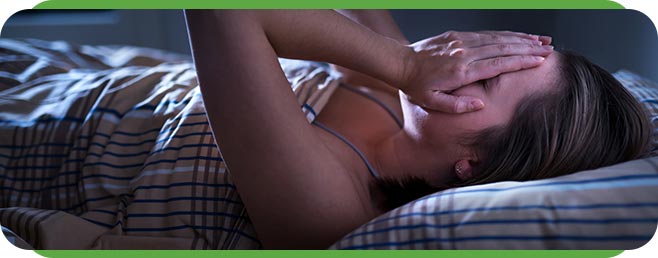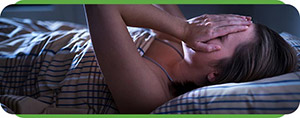What Are My Treatment Options for Sleep Apnea?
If you are visiting a sleep apnea doctor, it is important to ask the right questions. Read our below Q and A page to discover what questions you should ask your sleep apnea doctor. For more information, contact us or book an appointment online. We have convenient locations across the U.S. in Bloomington IL, Peoria/Dunlap IL, El Paso TX, and Wausau WI.




Table of Contents:
Why do I have sleep apnea?
What are the signs of sleep apnea?
What are my treatment options?
What is a CPAP machine?
Sleep apnea is an incredibly prevalent condition that affects over 20 million Americans. If you are among these people, you probably have a lot of questions. At Koala® Center For Sleep & TMJ Disorders, we specialize in treating sleep apnea and can help you determine what is causing your symptoms and the best plan of treatment for your unique situation. If you have sleep apnea, here are a few questions to consider asking your doctor.
There are many causes and risk factors for sleep apnea, which can be determined by a sleep apnea doctor. The main causes and risk factors include:
Excess Weight — Obesity and overweight greatly increases the risk of sleep apnea as fat deposits around the upper airway can obstruct breathing. Additionally, extra weight on the chest can restrict airflow.
Neck Circumference — People with thicker necks sometimes have narrower airways, which would make it more difficult to breathe.
Genetics — It is possible to inherit physical characteristics that make it more difficult to breathe, such as a narrow throat. Tonsils or adenoids can also enlarge and block the airway, which is particularly common in children.
Gender — Sleep apnea is more than twice as likely to occur in men than it is in women. However, the risk for women is increased if they are overweight (including pregnancy weight), and appears to rise after menopause.
Age — Sleep apnea occurs significantly more often in older adults than it does in younger adults.
Family History — Having family members with sleep apnea might increase the risk of developing the condition.
Use of Alcohol, Sedatives or Tranquilizers — These substances relax the throat muscles, which can worsen the condition.
Smoking — People who smoke are three times more likely to have obstructive sleep apnea than are people who have never smoked. This is because smoking can increase the amount of fluid retention and inflammation in the upper airway.
Nasal Congestion — Difficulty breathing through the nose—whether caused by an anatomical problem or allergies—makes it more likely to develop obstructive sleep apnea.
Medical Conditions — Certain medical conditions, such as congestive heart failure, high blood pressure, type 2 diabetes and Parkinson’s disease, may increase the risk of obstructive sleep apnea. Other conditions that can increase the risk of developing sleep apnea include polycystic ovary syndrome, hormonal disorders, prior stroke and chronic lung diseases such as asthma.
There are several signs of sleep apnea, including:
– Loud snoring, which often disrupts partner’s sleep
– Stopping breathing during sleep, which would be reported by another person, such as a partner
– Gasping for air during sleep
– Awakening with a dry mouth
– Awakening with a headache in the morning
– Difficulty staying asleep (insomnia)
– Excessive daytime sleepiness (hypersomnia)
– Difficulty paying attention while awake
– Irritability
Treatment options for sleep apnea include:
– CPAP Machine
– Oral Appliance
These treatment options are typically accompanied by lifestyle changes, including dietary changes and avoidance of certain substances.
Sleep apnea is a serious condition that can cause the following problems if left untreated:
– High blood pressure
– Stroke
– Heart failure, irregular heartbeat, and heart attacks
– Diabetes
– Depression
– Worsening of ADHD
– Headaches
If you or someone you love has sleep apnea, trust the sleep doctors at Koala® Center For Sleep & TMJ Disorders to help. Our kind and compassionate professionals are experienced in treating sleep apnea and can help you get to the root of the problem for long-term relief. Call us today to book an appointment. We look forward to serving you! We serve patients from Bloomington IL, Peoria – Dunlap IL, El Paso TX and Wausau WI.

Additional Services You May Need
▸ KoalaKIDZzz®
▸ Sleep Apnea
▸ Snoring
▸ TMJ Disorder
▸ Fatigue
▸ Sleep Disorders
▸ Weight Loss
▸ CPAP Alternative
▸ Oral Appliances




